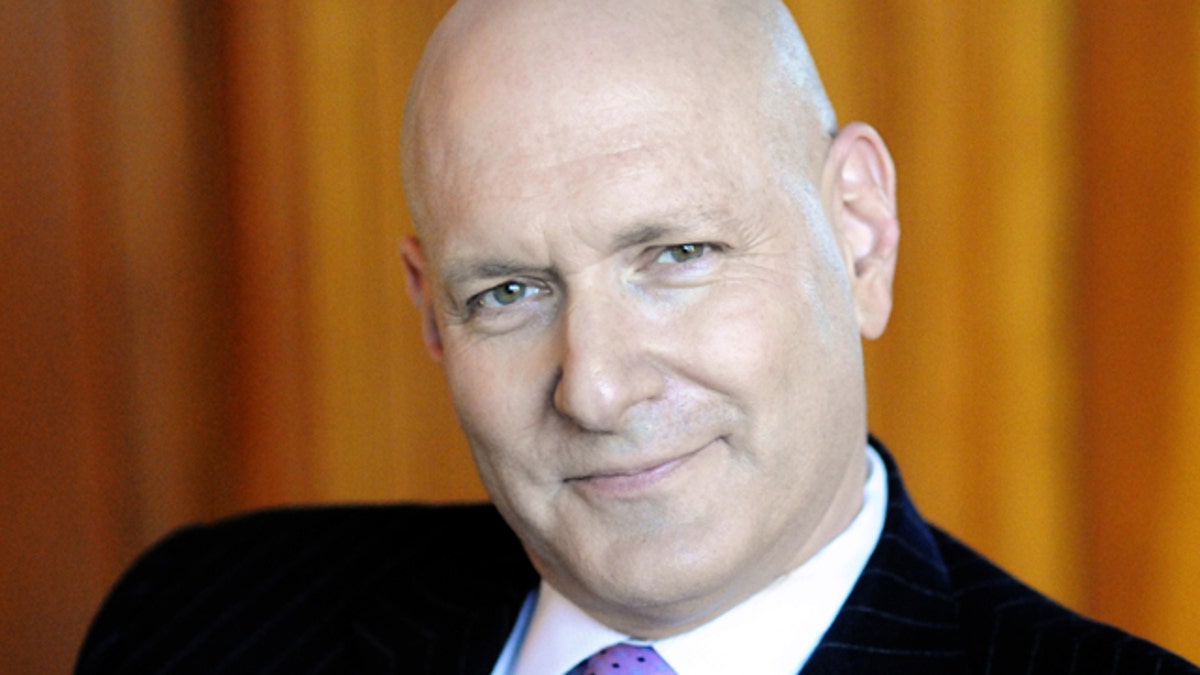
Dr. Keith Ablow
I’ve noticed that lots of the comments I get in response to my blogs on topics like attention deficit hyperactivity disorder (ADHD), obsessive compulsive disorder (OCD), panic disorder and major depression are heated ones that argue one or the other side of the brain/mind debate. Some readers assert that psychiatric medications are bad because the psychology of such disorders is what really matters. Medicating a condition rooted in disordered emotions, they argue, is a Band-Aid that leaves the real wounds untouched. Others assert that psychiatric medications are the best remedy for psychiatric illnesses, since they are obviously “chemical imbalances” that have nothing more to do with traumatic life experiences diabetes or cancer do.
Over the past twenty years, I have come to adopt a unified vision of these two perspectives that seems to have been very helpful to my patients as they try to understand their suffering and overcome it. Here it is, in a simple form: Living through stress and trauma can actually deplete your brain of chemical messengers (neurotransmitters) linked to comfort, optimism and pleasure.Trials and traumas “use up” the brain’s reserves of serotonin and norepinephrine (to name just two chemical messengers), much the way that going over too many bumps in a car, for too long, will “use up” its shock absorbers, or the way that jamming on the breaks all the time to avoid potholes will use up the brake fluid. Once depleted of these chemical messengers, the brain may require medicines to restore them or reactivate the chemical pathways that generate them, in order to give that person enough relief to make use of psychotherapy.
This is an appealing way to think about psychological suffering because it allows people to understand that it isn’t weak folks who fall victim to psychiatric disorders; it may, in fact, be the most exquisitely sensitive people among us. Imagine taking a Ferrari over all those bumps or jamming on the breaks to avoid all those potholes. It would end up in the shop a lot faster than a Camry. But Ferraris have lots to recommend them—including the ability to accelerate quickly, really “feel” the road and kindle passion.
So, yes, I believe there may be people born with less resilient nervous systems that “wear out” more quickly than others. But, no, I don’t believe that there are very many people who would fall victim to major depression or panic disorder based solely on inborn, flawed physiology. In my twenty years of practicing psychiatry, I’ve never met anyone with such a disorder whose life story doesn’t explain why. It is stressful life experiences—the rough patches, or the truly punishing ones—that take the real toll on our brains.
Here’s the miraculous part: Restoring brain function, so that neurotransmitters begin to flow normally, can be achieved by using medicines, at least temporarily. But empathizing with a patient’s journey through life—with his or her pain—and helping that person see the best way to travel the road ahead also restores brain function. Scans that show the metabolic activity of the brain have proven that.
So there doesn’t need to be any infighting between those who think the answers to depression and ADD and OCD will be found in our biology, and others who think they will be found in our psychology. The two are, in my way of thinking, really one.
Dr. Keith Ablow is a psychiatrist and member of the Fox News Medical A-Team. Dr. Ablow can be reached at info@keithablow.com. His team of Life Coaches can be reached at lifecoach@keithablow.com.
